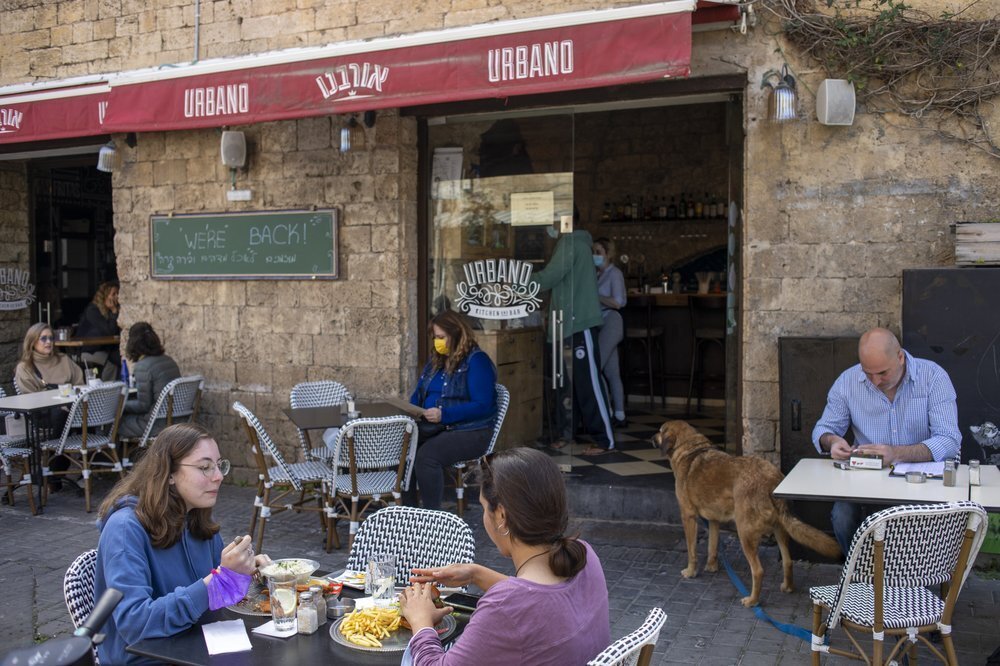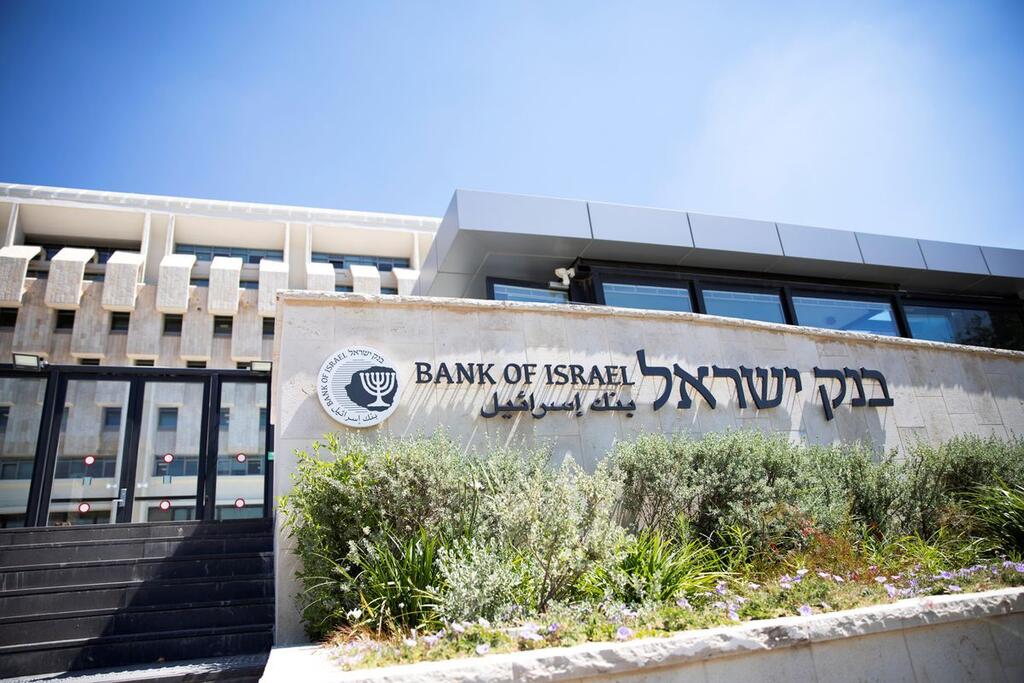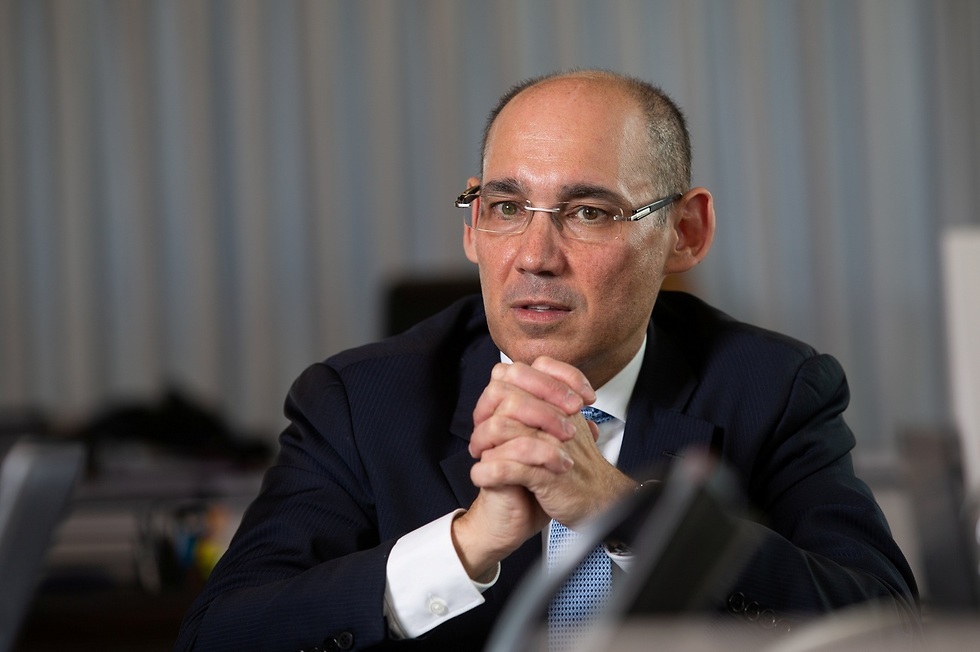Bank of Israel policymakers called on the government to do more to get people back to work on Monday as the monetary policy committee (MPC) voiced concerns over the labor market and its slow recovery from the pandemic.
Although much of Israel's economy has reopened and foreign tourism is expected to gradually resume later this month after a steep drop in infections, the jobless rate continues to remain higher than just before the crisis.
Israel's statistics bureau said on Monday that the unemployment rate — which has fallen from the unprecedented peaks of last year — had dropped to 8% in the first half of April, from 8.9% in the second half of March.
Five out of six MPC members had voted to keep Israel's benchmark interest rate at 0.1% on April 19, minutes of the discussions showed on Monday
"The opening of the economy and the return to normal life in Israel are expected to support continued rapid growth in the coming year," the minutes said.
Growth is expected to exceed 6% this year after a 2.6% contraction in 2020, largely due to Israel's success in vaccinating its population against COVID-19.
The MPC noted that employers are having considerable difficulty in recruiting workers, particularly in sectors like restaurants that were closed during lockdowns, with the state extending through June benefits to those laid off or furloughed.
"An adjustment process is expected between demand for work and the supply of work, which can last for some time. At the same time, the committee noted the concern that government policy does not create enough incentives for workers to return to the labor market," the minutes said.
Another key area of debate was inflation, in which the annual rate reached 0.2% in March, turning positive for the first time in a year.
Policymakers believe it is too early to tell whether recent gains reflect a transitory correction to low price levels during the crisis or Israel's economic recovery and higher global commodity prices.
3 View gallery


Patrons at a restaurant in Tel Aviv as coronavirus restrictions are eased following months of government-imposed shutdowns
(Photo: AP)
The MPC said it "assessed the probability of an outbreak of inflation to be low".
While one committee member supported a reduction to 0.0%, citing concern over high unemployment, central bank officials have expressed reluctance to lower the key rate to zero or into negative territory despite a strong shekel and three lockdowns.
They prefer to use other measures to stimulate the economy such as buying currency and government and corporate bonds.
Analysts widely believe the next rates move will be an increase, but not until at least 2022.



